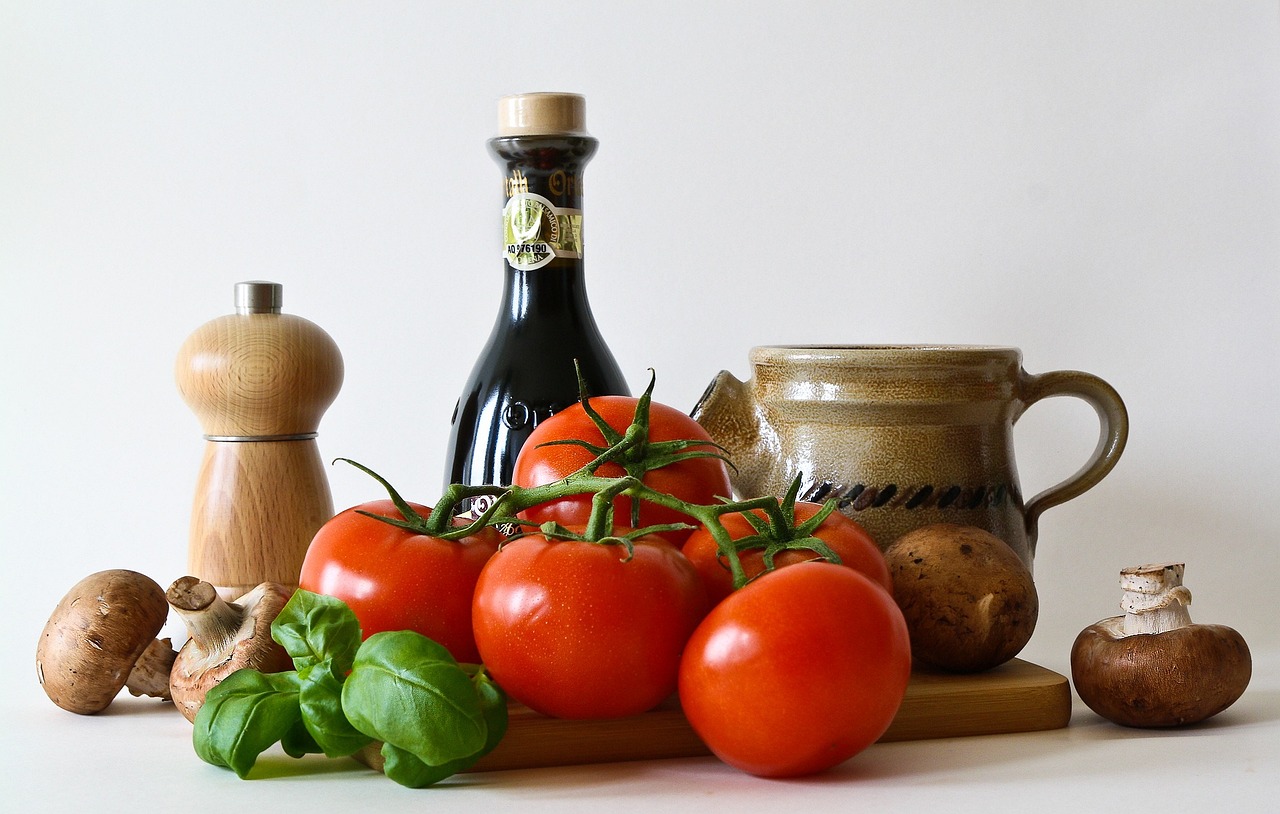The Role of Food Industry in Promoting Gender Equality: Empowering Women in Agriculture and Supply Chains
Gender inequality in agriculture and the food industry has deep roots that stretch back through centuries of societal norms and structures. Historically, women have been marginalized and excluded from decision-making processes, access to resources, and ownership of land. This systemic discrimination has led to a significant gap in opportunities and outcomes between men and women in these sectors.
Furthermore, cultural beliefs and stereotypes have perpetuated the idea that certain tasks within agriculture and food production are more suitable for men, reinforcing traditional gender roles and limiting women’s participation and advancement. These ingrained biases have hindered women from fully utilizing their skills and knowledge, ultimately hindering the potential for inclusive and sustainable development in the agriculture and food industry.
Challenges Faced by Women in Agriculture and Supply Chains
Women in agriculture and supply chains often encounter significant obstacles that hinder their participation and success in these sectors. Limited access to land and financial resources restricts their ability to invest in their farms and businesses, leading to lower productivity and income levels compared to their male counterparts. Moreover, traditional gender roles and societal norms can result in women being excluded from decision-making processes and access to education and training, further perpetuating their marginalization within the agricultural industry.
In addition to facing discrimination and unequal opportunities, women in agriculture and supply chains also grapple with inadequate access to technology and market information. The lack of modern farming tools and techniques puts them at a disadvantage in terms of efficiency and competitiveness. Furthermore, the absence of transparent market systems and fair pricing mechanisms leaves women vulnerable to exploitation by middlemen and limits their ability to negotiate better prices for their products. These challenges not only impact women’s economic empowerment but also contribute to the overall inefficiency and underdevelopment of the agricultural and food industry.
Opportunities for Women Empowerment in the Food Industry
Women empowerment in the food industry can lead to significant improvements in productivity, efficiency, and overall sustainability. By actively involving women in decision-making processes and leadership roles, companies can benefit from diverse perspectives and innovative solutions. Empowering women in the food industry can contribute to a more inclusive and equitable workplace, fostering a culture of collaboration and mutual respect.
Moreover, providing access to training, education, and resources tailored to women’s needs can help bridge the gender gap in agriculture and supply chains. By investing in women’s skill development and career advancement opportunities, the food industry can create a more level playing field for all employees. Empowering women in the food sector is not only a matter of social justice but also a strategic business decision that can drive growth and success in the long run.
Women empowerment in the food industry can lead to significant improvements in productivity, efficiency, and overall sustainability.
Actively involving women in decision-making processes and leadership roles benefits companies with diverse perspectives and innovative solutions.
Empowering women contributes to a more inclusive and equitable workplace, fostering collaboration and mutual respect.
Providing access to training, education, and resources tailored to women’s needs helps bridge the gender gap in agriculture and supply chains.
Investing in women’s skill development and career advancement opportunities creates a more level playing field for all employees.
What is the historical context of gender inequality in the agriculture and food industry?
Historically, women have faced limited opportunities and unequal access to resources in the agriculture and food industry, often being relegated to lower-paying and lower-status roles.
What are some challenges faced by women in agriculture and supply chains?
Women in agriculture and supply chains often face barriers such as lack of access to land, credit, education, and technology, as well as discrimination and limited decision-making power.
What are some opportunities for women empowerment in the food industry?
Opportunities for women empowerment in the food industry include increasing access to resources and training, promoting gender equality in leadership positions, and supporting women-owned businesses and cooperatives.







